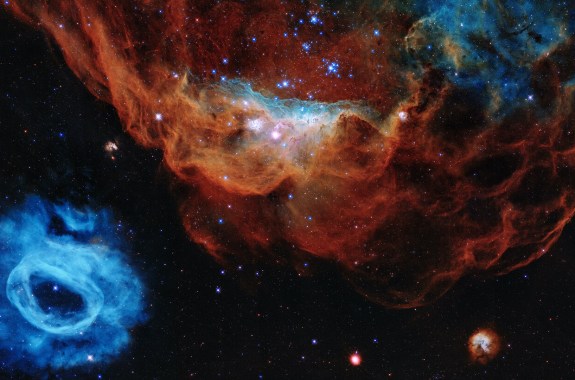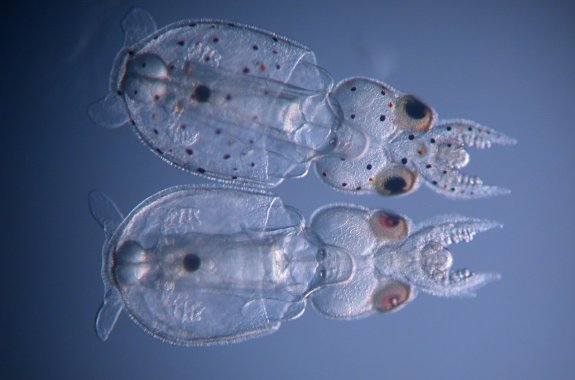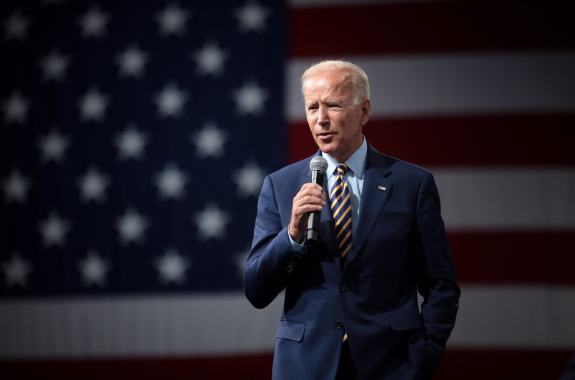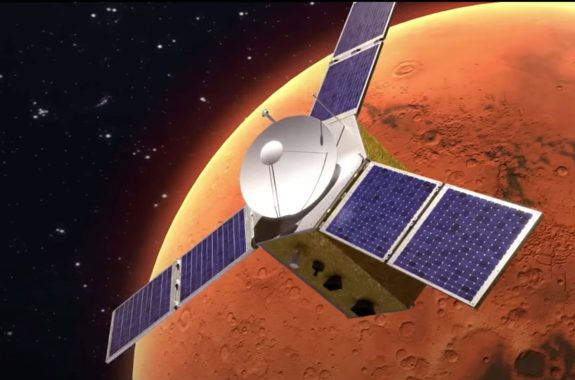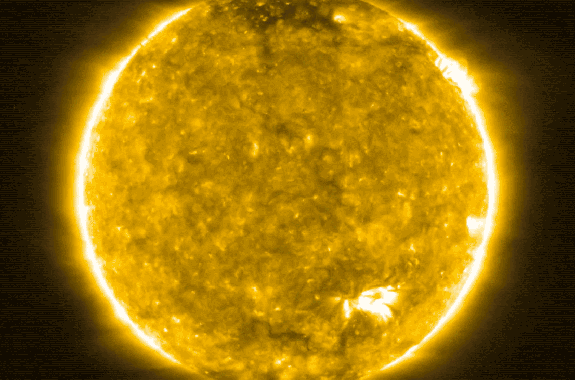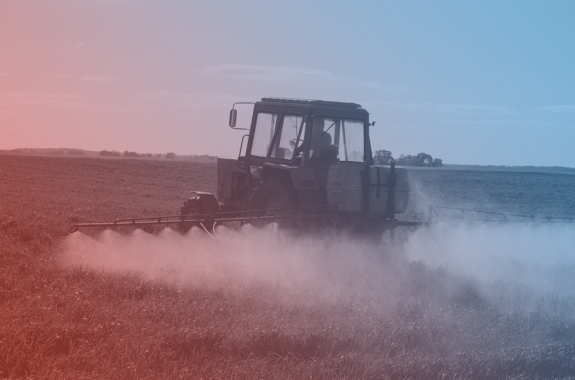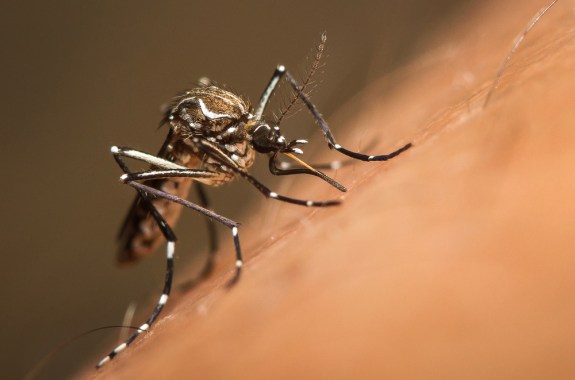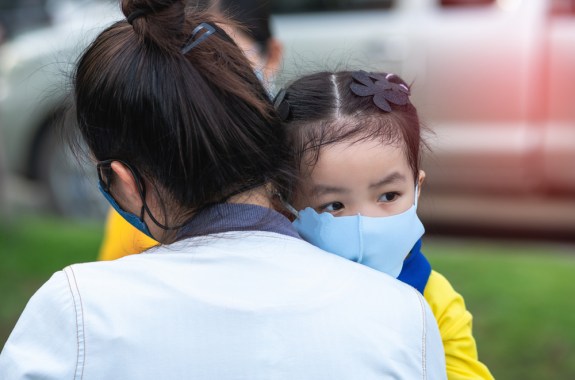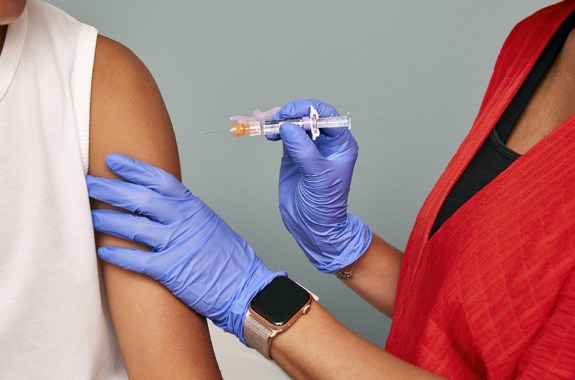Award winning science correspondent and TV journalist Ira Flatow is the host of Science Friday, heard on public radio stations across the country and distributed by WNYC Studios. He anchors the show each Friday, bringing radio and Internet listeners worldwide a lively, informative discussion on science, technology, health, space, and the environment. Ira is also founder and president of the Science Friday Initiative, a 501 (c)(3) non-profit company dedicated to creating radio, TV, and Internet projects that make science “user-friendly.”
Flatow’s interest in things scientific began in boyhood—he almost burned down his mother’s bathroom trying to recreate a biology class experiment. “I was the proverbial kid who spent hours in the basement experimenting with electronic gizmos, and then entering them in high school science fairs,” Flatow says. Mixing his passion for science with a tendency toward being a bit of a ham, Flatow describes his work as the challenge “to make science and technology a topic for discussion around the dinner table.”
He has shared that enthusiasm with public radio listeners for more than 35 years. As a reporter and then news director at WBFO-FM/Buffalo, New York, Flatow began reporting at the station while studying for his engineering degree at State University of New York in Buffalo. As NPR’s science correspondent from 1971 to 1986, Flatow found himself reporting from the Kennedy Space Center, Three Mile Island, Antarctica, and the South Pole. In one memorable NPR report, Flatow took former All Things Considered host Susan Stamberg into a closet to crunch Wint-O-Green Lifesavers, proving they spark in the dark.
His most recent book is entitled Present At The Future: From Evolution to Nanotechnology, Candid and Controversial Conversations On Science and Nature (HarperCollins).
On television, Flatow has discussed the latest cutting edge science stories on a variety of programs. He also hosted the four-part PBS series Big Ideas, produced by WNET in New York. His numerous TV credits include six years as host and writer for the Emmy award-winning Newton’s Apple on PBS, science reporter for CBS This Morning, and cable’s CNBC. He wrote, produced, and hosted Transistorized!, an hour-long documentary about the history of the transistor, which aired on PBS. He has talked science on many TV talk shows including Merv Griffin, Today, Charlie Rose, and Oprah. He has co-starred twice on the CBS hit series The Big Bang Theory.
On the Internet, Flatow has hosted numerous science-related web casts for Discovery Online, The Great Planet Debate, and the American Museum of Natural History in New York.
In print, Ira has authored articles for various magazines ranging from Woman’s Day to ESPN Magazine to American Lawyer. His commentary has appeared in The Los Angeles Times, and Current newspapers. Public speaking and moderating discussions are a regular part of his schedule. He has spoken at Rockefeller University, the World Economic Forum, Sun Microsystems, Hewlett Packard, Calvin Academy, Cal Tech, MIT, Harvard, University of Wisconsin, OSHU, National Inventor’s Hall of Fame, and the Kentucky Author Forum. In 2004, Ira was resident scholar at Woods Hole Oceanographic Institute. His recent honors include: the Isaac Asimov Award (2012,) the Nierenberg Prize (2010), Connecticut Academy of Science and Engineering, membership (2008), National Science Teachers Association Faraday Science Communicator Award (2007), the National Science Board Public Service Award (2005), World Economic Forum Media Fellowship (2005), AAAS Journalism award (2000), Brady Washburn Award (2000), and the Carl Sagan Award (1999). Ira is member of the National Association of Science Writers, AFTRA, and Screen Actors Guild. His hobbies include tennis, golf, gardening (especially orchids), and electronic gadgets. He loves the theater. A native of New York, Flatow now lives in Connecticut.
19:37
Understanding Our Inevitable Cosmic Apocalypse
The universe will eventually end, writes cosmologist Katie Mack in her new book. But how? Will we get a cold lifeless soup, a bubble of doom, or matter tearing itself apart?
16:36
Squid Gene-Editing Shows New Possibilities For Treating Genetic Diseases
A genetic breakthrough in squid research opens a new world for scientists.
17:28
Are There Jobs In Ambitious Climate Action?
Presumed Democratic nominee Joe Biden has unveiled an ambitious $2 trillion plan for climate change—and the economy. These experts think it just might work.
11:16
Three Missions To Mars
The United Arab Emirates, China and the U.S. are all launching missions to Mars this month.
16:46
New Photos Show Swirling Mysteries On Sun’s Surface
Scientists say phenomena on the surface of the sun look like “campfires.”
12:11
Federal Ruling Against Common Herbicides Leaves Farmers Confused
While this is an environmental win, farmers say the ruling is yet another hurdle in an already difficult year.
17:06
Preparing For Long-term Health Effects Of COVID-19
As recovered patients return home, medical professionals are learning about lingering health effects from serious cases of COVID-19.
16:41
Why Mosquitos Are Mingling More With Humans
Mosquitoes’ taste for humans is growing and a gene that changes their sex might solve the problem.
17:27
Fewer Coronavirus Antibodies May Not Mean Less Immunity
Here’s what you should know about coronavirus and children, the latest in vaccine development, and new research into aerosols and spike mutations.
12:05
A Coronavirus Vaccine Passes First Test Phase In The US
The National Institutes of Health completed a phase one trial on a vaccine created by the company Moderna.
